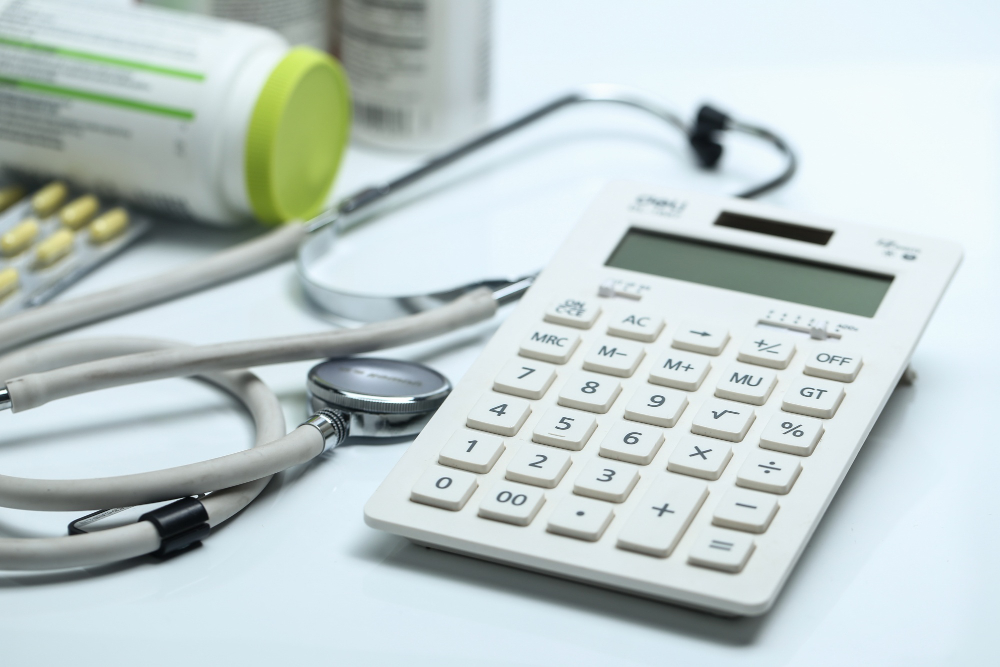Australian medical professionals face distinct financial and tax issues, which can sometimes lead to financial stress. The intricacy of their income streams, professional fees, and tight regulatory requirements necessitate specialist tax techniques to secure maximum savings. This is where accountants for doctors come in. Their knowledge of medical accounting can help physicians maximise their tax savings by assisting them in navigating the tax system.
Understanding Taxation for Doctors
Australian doctors generate various sources of income, including wages, bonuses, private practice revenues, consultancy fees, and even investment gains. Each of these revenue sources is taxed differently, so knowing how to report and handle them is critical.
In addition, medical professionals suffer enormous practice-related fees. These payments include professional growth, medical equipment, malpractice insurance, and other business expenses related to their practice. Effectively managing and deducting these expenses can help to reduce taxable income.
The Role of Medical Accountants
Medical accountants have specific skills in managing the financial activities of healthcare practitioners. They are knowledgeable in the special tax regulations that apply to the medical industry and may provide tailored guidance to maximise tax savings. Here’s how they can contribute:
- Income Structuring: Medical accountants can advise on how to arrange income to reduce tax responsibilities. This could include forming a family trust, incorporating a business structure, or establishing a self-managed super fund (SMSF). Each structure has advantages and disadvantages, and a medical accountant can help doctors make the best decisions.
- Expense Management: Identifying and correctly claiming all permissible deductions is critical. Medical accountants guarantee that doctors claim all applicable deductions, including those for professional development, travel, and equipment. They also provide guidance on how to prove these claims in order to resist scrutiny by the Australian Taxation Office (ATO).
- Superannuation Strategies: Superannuation is a key component of tax planning for doctors. Contributing to superannuation not only ensures retirement but also provides significant tax savings. Medical accountants can devise methods to increase superannuation contributions while reducing tax liability.
- Investment Planning: Doctors frequently invest in real estate, stocks, and other endeavours. Medical accountants can assist you in handling these investments tax efficiently. They offer advice on capital gains tax, negative gearing, and other investment-related tax matters.
- Compliance and Reporting: It is difficult to keep up with tax rules and regulations that are always changing. Medical accountants guarantee that doctors comply with all tax requirements, avoiding penalties and interest for late or inaccurate filings.
Key Tax Strategies for Doctors
- Maximising Deductions: Doctors should keep detailed records of all work-related expenses. This includes professional development courses, medical equipment, and travel expenses for conferences. Medical accountants can help identify less obvious deductions, such as home office expenses if part of the practice is managed from home.
- Income Splitting: By splitting income with a lower-earning spouse or family members through a family trust, doctors can reduce their overall tax burden. This strategy must be carefully managed to comply with the ATO’s rules on income splitting.
- Depreciation of Medical Equipment: Significant investments in medical equipment can be depreciated over time. Medical accountants ensure that these depreciation claims are optimised to reduce taxable income.
- Utilising Superannuation: Making the most of concessional and non-concessional superannuation contributions can provide immediate tax benefits. Medical accountants can advise on the optimal contribution levels and the timing of these contributions.
- Tax Offsets and Rebates: Doctors may be eligible for various tax offsets and rebates, such as the private health insurance rebate and offsets for medical expenses. A medical accountant can ensure that these are correctly claimed.
Choosing the Right Tax Accountant in Sydney
Finding the right tax accountant in Sydney is critical for doctors who practise in Sydney. Here are some recommendations to consider when selecting a qualified accountant:
- Experience with Medical Accounting: Make sure the accountant has substantial expertise working with medical professionals. This specialist knowledge is crucial for successful tax planning.
- Reputation and references: Check the accountant’s reputation and request referrals from other doctors. A reputable accountant will have a list of pleased medical clients.
- Comprehensive Services: Look for an accountant who provides income structuring, investment guidance, and superannuation planning. A comprehensive strategy guarantees that every facet of tax preparation is addressed.
- Personalised recommendations: Choose an accountant who can provide individualised advice based on your specific financial position. Avoid using one-size-fits-all solutions.
Helping Those Who Help Their Patients
Effective tax preparation is critical for doctors to maximise their savings and manage their money efficiently. Accountants for doctors provide specialist expertise and solutions for navigating the difficult tax situation. This allows medical practitioners to focus on their primary goal of providing exceptional patient care without the added pressure of trying to maintain their finances. .
If you are a doctor in Sydney wanting to improve your practice finances, talk to a tax accountant who has experience in the medical profession. Their insights and tailored advice can make a big difference in your financial outcomes, giving you peace of mind and significant savings.



